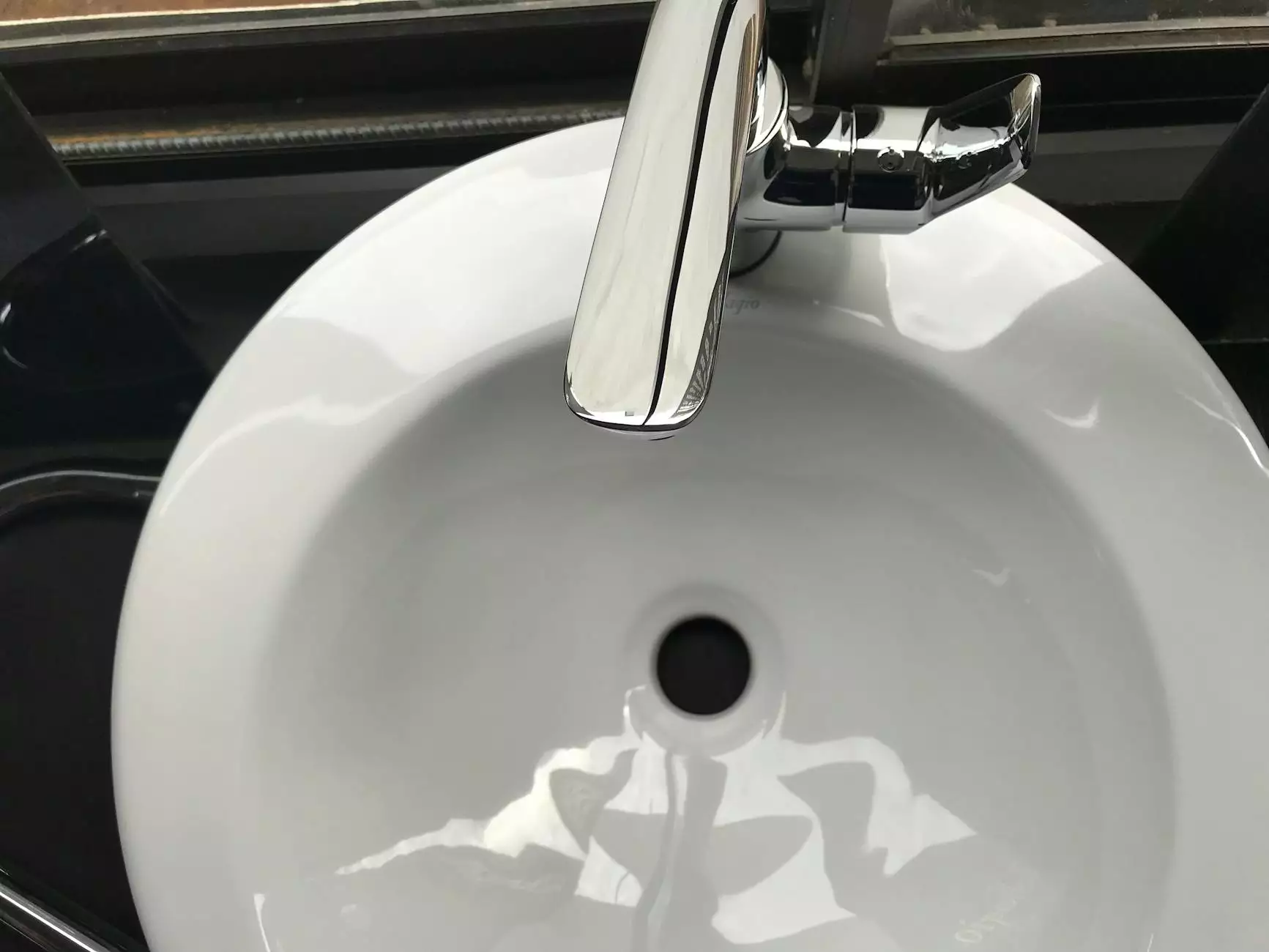Understanding Manufacturers Sugar: The Backbone of the Sweet Industry
Manufacturers sugar is an essential term that resonates throughout various sectors, from food production to pharmaceuticals. In this article, we’ll explore the vital role of sugar manufacturers, their significance in the market, and how they contribute to economies worldwide, particularly focusing on suppliers like brazilsugartopsuppliers.com.
The Role of Sugar Manufacturers in the Market
At the heart of the sugar industry lies the concept of manufacturers sugar. These manufacturers not only produce sugar in its various forms but also influence numerous adjacent industries. Here are several key roles that sugar manufacturers play:
- Production and Refinement: They are primarily responsible for the extraction of sugar from sugarcane and sugar beets, followed by the refinement process that converts raw sugar into the white or brown granulated sugar most consumers recognize.
- Quality Control: Manufacturers implement strict quality control measures to ensure that the sugar is safe for consumption, meets industry standards, and caters to specialized markets such as organic or non-GMO sugar.
- Innovation: Many sugar manufacturers invest in research and development to innovate new products that cater to trends in health and wellness, like low-calorie sweeteners and sugar alternatives.
- Supply Chain Management: They manage complex supply chains, ensuring that sugar is efficiently transported from farms to consumers while maintaining quality and freshness.
The Economic Impact of Sugar Manufacturing
Sugar manufacturing is a colossal industry that significantly contributes to the economy by:
1. Job Creation
The sugar industry provides employment to millions globally. From agricultural jobs in sugarcane and sugar beet fields to positions in manufacturing plants and distribution, the sector is a cornerstone for many communities.
2. Contribution to GDP
In many countries, especially those like Brazil, sugar manufacturing plays a vital role in the national economy by contributing significantly to the Gross Domestic Product (GDP). This support extends to increasing exports, enhancing trade balances, and boosting local economies.
3. Support of Ancillary Industries
The sugar industry supports various ancillary industries, including packaging, transportation, and marketing, aiding their growth and providing additional layers of employment.
4. Investment in Rural Development
Most sugarcane farming takes place in rural areas, and the revenue generated leads to improved infrastructure, healthcare, and education in these communities.
Challenges Faced by Sugar Manufacturers
Despite its positive impacts, the sugar manufacturing industry faces several challenges:
- Health Trends: As people become more health-conscious, demand for sugar is declining in some markets, pushing manufacturers to innovate and adapt.
- Global Competition: Manufacturers now compete on a global scale, necessitating constant improvements in efficiency and product offerings.
- Environmental Concerns: Sugarcane production has been linked to deforestation and pollution, prompting manufacturers to adopt more sustainable practices.
- Economic Fluctuations: Prices for raw sugar can be influenced by a variety of economic factors, including changes in trade policies and market demand, which manufacturers must navigate carefully.
Top Sugar Manufacturers and Their Contributions
Several prominent manufacturers have established themselves as leaders in providing high-quality sugar products. Among them, we can highlight:
1. Brazil Sugar Group
Known for its extensive sugarcane plantations, the Brazil Sugar Group produces some of the finest sugar globally. Their focus on sustainability has set a benchmark in the industry.
2. Archer Daniels Midland Company (ADM)
With a significant presence around the globe, ADM plays a considerable role in the sugar supply chain, ensuring that quality remains high while responding swiftly to market needs.
3. Cargill
Cargill’s commitment to sustainability and quality makes it a prominent name in sugar manufacturing and supply. They continuously adapt to consumer trends, making their products widely sought after.
Future Trends in Sugar Manufacturing
The sugar industry is evolving, and various trends are shaping its future:
1. Healthier Products
There is an increasing demand for healthier sugar options, leading to the production of low-calorie and natural sweeteners, which manufacturers are beginning to prioritize.
2. Sustainable Practices
As consumers become more ecologically aware, sugar manufacturers are incorporating sustainable practices such as reducing water consumption, using renewable energy sources, and ensuring fair labor practices.
3. Technological Integration
Advanced technologies are revolutionizing sugar production, from precision agriculture techniques that optimize yield to automation in manufacturing processes, improving efficiency and reducing costs.
Buying Sugar from Manufacturers: A Guide
For those looking to procure sugar for business purposes, it’s critical to choose the right supplier. Here are some tips:
1. Evaluate Quality Standards
Look for manufacturers that adhere to strict quality control standards to ensure that the sugar meets your specifications.
2. Assess the Supply Chain
Choose a supplier who has a robust supply chain to guarantee timely delivery and consistent supply to meet your demands.
3. Review Sustainability Credentials
With growing environmental concerns, select manufacturers that commit to sustainable practices, as this not only supports eco-friendliness but also appeals to environmentally-conscious consumers.
4. Compare Pricing
Lastly, make sure to compare pricing but don’t compromise on quality for the sake of cost.
Conclusion
In conclusion, the manufacturers sugar segment of the industry is crucial for various reasons, impacting economic growth, job creation, and innovation. By understanding the dynamics involved in sugar manufacturing, suppliers like brazilsugartopsuppliers.com can better serve their customers and adapt to future challenges. As the industry continues to evolve, remaining informed is vital for anyone involved in the sugar supply chain.






